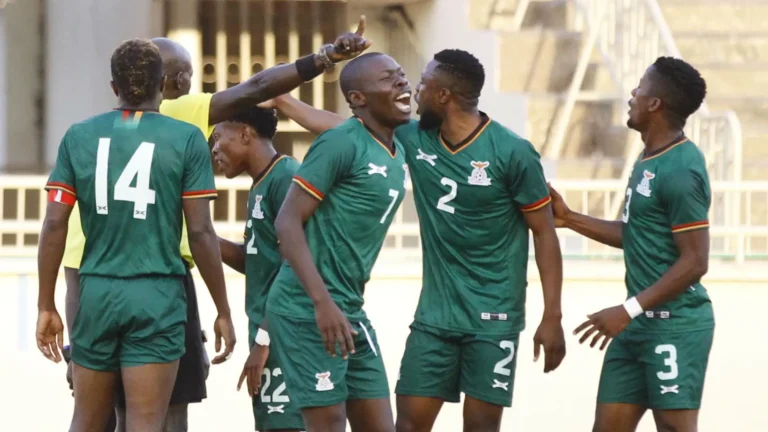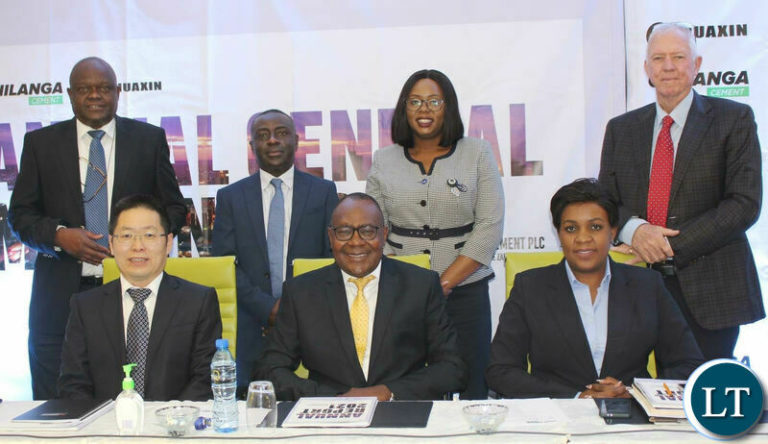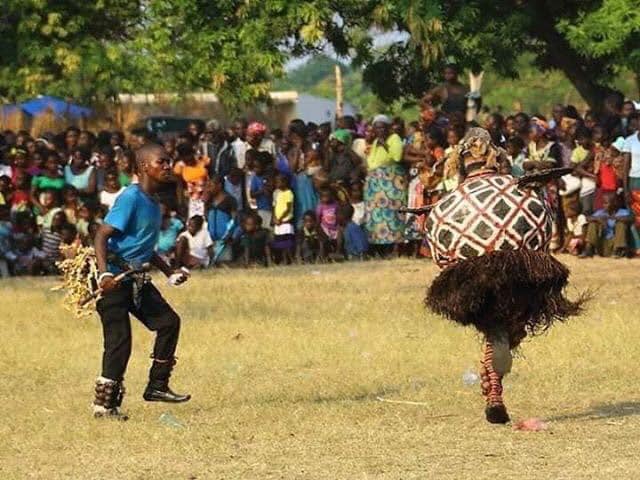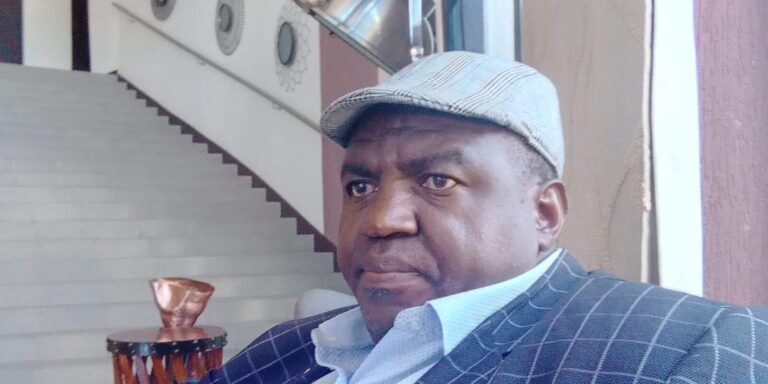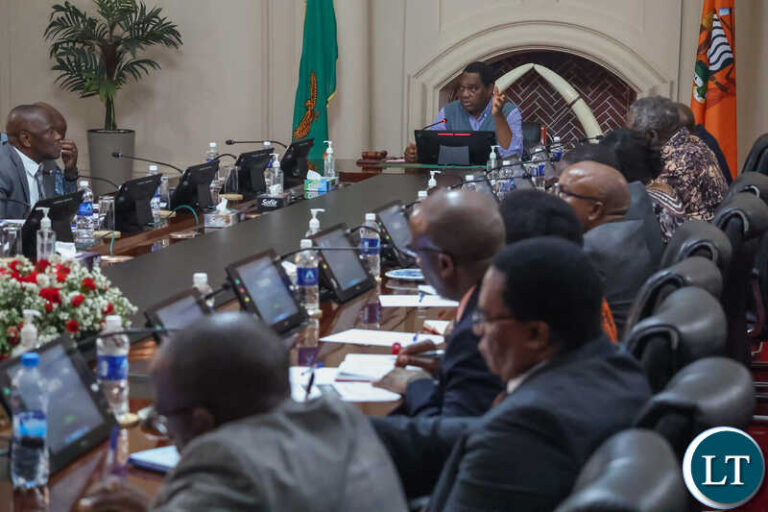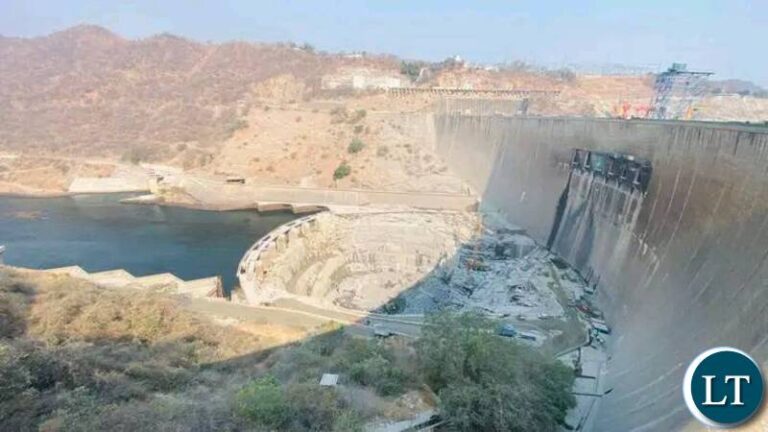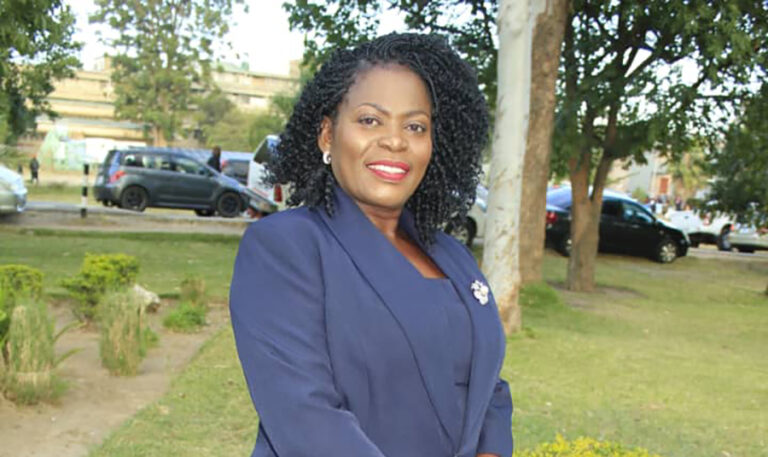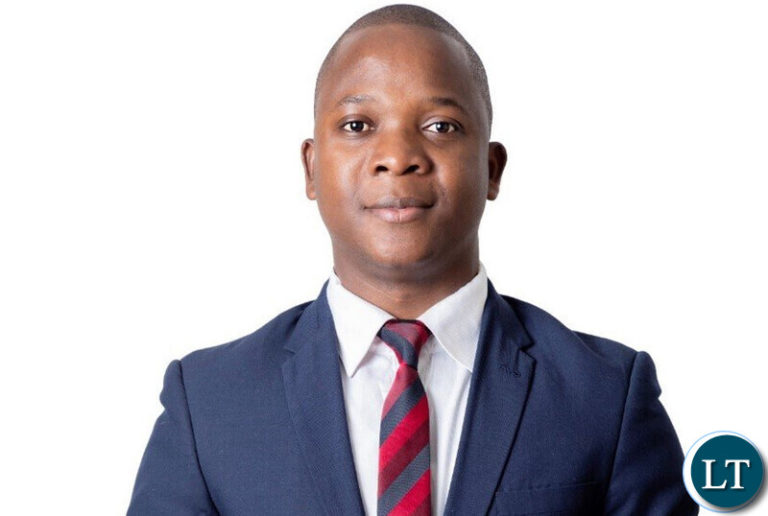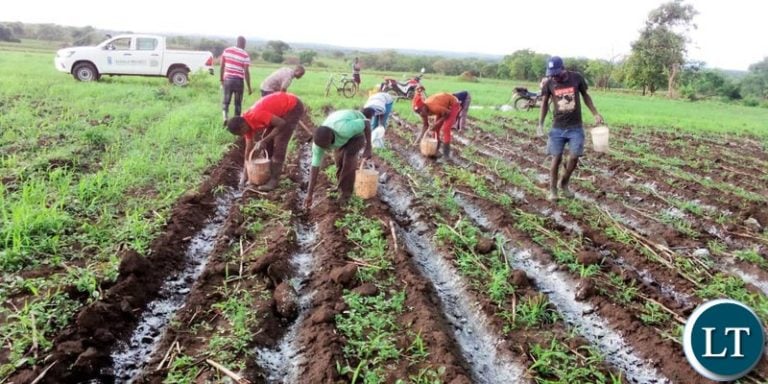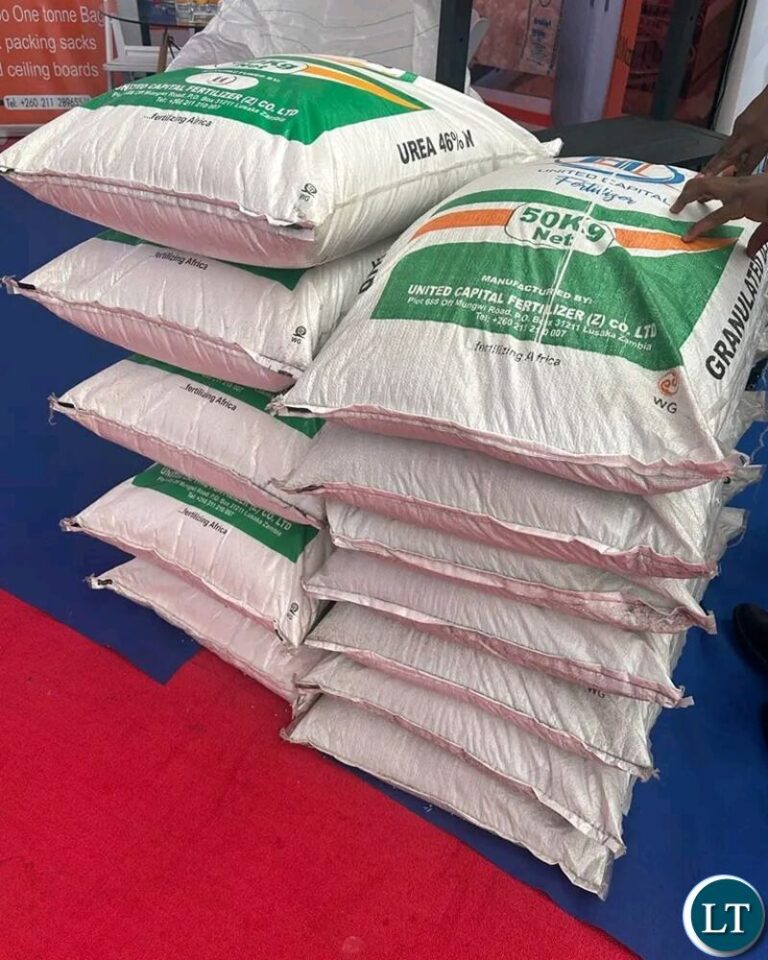Chisha Folotiya: A Trailblazer in the Transformation of Zambian Soundscapes
By Mwembe Muntu
In the dynamic world of music, few figures have the power to reshape an entire industry. Chisha Folotiya, the CEO of Mondo Music, is one such individual whose vision and unwavering commitment have played a crucial role in revitalizing the Zambian music scene. As we reflect on his contributions, it becomes clear that his journey represents more than just a career; it symbolizes a movement toward reclaiming and elevating Zambian identity through music.
When Mondo Music was launched, Zambia’s music landscape was in dire need of revitalization. Local artists struggled for recognition amid a wave of foreign influences that dominated the airwaves. Clubs and radio stations often ignored Zambian music, creating an environment where only a small fraction of the audience engaged with local beats. It was a tough time for homegrown talent, with many people perceiving Zed beats as out of fashion.
Chisha Folotiya recognized this pressing need and took action. By establishing Mondo Music, he laid the groundwork for a new era in Zambian music. His vision went beyond merely producing tracks; he sought to create a sustainable ecosystem where local talent could thrive. With a strategic investment in state-of-the-art studio facilities and a focus on high-quality production, Mondo Music quickly became a beacon of hope for aspiring artists.
Folotiya’s commitment to nurturing talent attracted some of Zambia’s most skilled producers and musicians. The likes of Black Muntu, Shatel, JK, Joe Chibangu, Tasila Mwale, Tribal Cousins, Yesu Culture, Daddy Zemus, and Crisis Mr. Swagger became essential contributors to the movement that transformed Zed beats. These artists, armed with the resources and support from Mondo Music, began producing tracks that resonated deeply with local audiences, paving the way for a cultural renaissance.
The ripple effect of Folotiya’s efforts was profound. Mondo Music not only elevated the quality of Zambian music but also instilled a sense of pride among artists and listeners alike. The revitalization of Zed beats allowed for a unique expression of Zambian identity, incorporating local languages, rhythms, and cultural narratives. With every song, the sounds of Zambia began to echo louder, reclaiming space in the hearts of its people.
Moreover, Mondo Music served as a platform for emerging artists, helping them navigate the complexities of the music industry. This support was instrumental in developing a generation of musicians who were not only talented but also well-informed about the business aspects of their craft. Folotiya’s dedication to mentorship ensured that the lessons learned would benefit future artists, creating a lasting legacy that extends beyond his tenure.
The impact of Mondo Music can be seen in the growing popularity of Zambian music, which now boasts a diverse range of genres and styles. From traditional sounds to contemporary fusion, the music scene has evolved to cater to a broader audience, both locally and internationally. This evolution is a testament to the vision that Chisha Folotiya instilled in the industry—a vision that encouraged artists to explore their creativity without fear of rejection.
Yet, while the accomplishments of Mondo Music and its artists are commendable, it is essential to acknowledge the ongoing challenges within the Zambian music industry. Despite the progress made, many artists still face obstacles, including limited access to funding, inadequate infrastructure, and the ever-present influence of foreign music. However, the foundation laid by Folotiya and Mondo Music has equipped the industry with the resilience needed to confront these challenges head-on.
As we celebrate Chisha Folotiya’s contributions, it is crucial to recognize the spirit of collaboration and community that he fostered within the industry. Mondo Music became a hub where artists, producers, and fans came together to celebrate their love for Zambian music. The relationships built during this time continue to thrive, further strengthening the bonds within the music community.
In conclusion, Chisha Folotiya’s unwavering belief in Zambian music and his strategic investments have played an instrumental role in shaping the current landscape of the industry. His legacy serves as a reminder of the power of creativity, collaboration, and cultural pride. As we look to the future, it is evident that the journey is far from over. While there are still hurdles to overcome, the vision set forth by Folotiya has instilled hope and determination within the Zambian music community.
Thank you, Chisha Folotiya, for your invaluable contributions and for believing in the potential of Zambian music. As we move forward, may your legacy inspire future generations to continue the work of uplifting and transforming our vibrant musical heritage. One day, we will reach even greater heights, and we will do so by standing on the solid foundation you have built.



